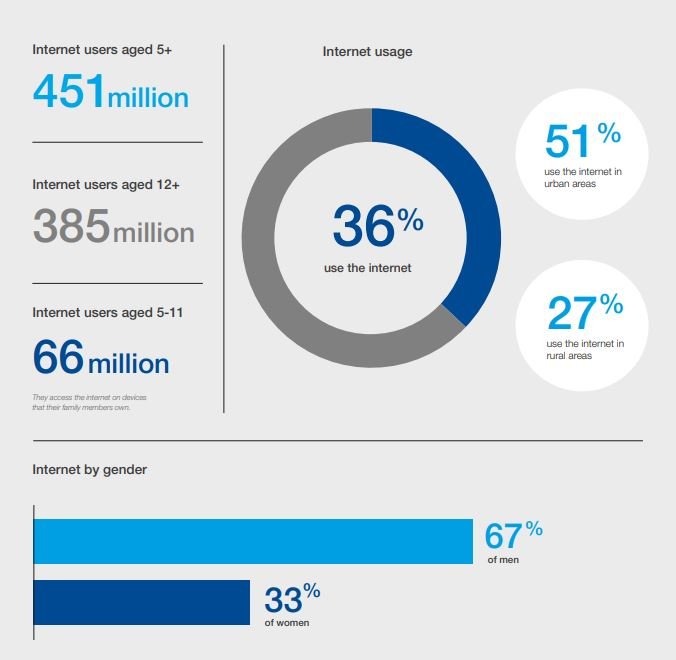India continues to report poor learning outcomes among school children
![]() By Sampad Mohapatra
By Sampad Mohapatra
Despite significant strides in the field of education, India continues to report poor learning outcomes among schoolchildren. The National Achievement Survey of 2021 found nearly half of primary school students to have learning levels lower than appropriate for their grades, a situation that the pandemic has intensified.
Almost 70% of children in grade 3 in India have been reported to have no basic reading and arithmetic skills. Storytelling, read-aloud and interactive content, flip-books, and use of digital tools can address these challenges.
This has far-reaching implications for young Indians’ readiness for the 21st-century workplace and India’s preparedness for the Fourth Industrial Revolution.
A major gap identified in foundational literacy and numeracy, for instance, is the lack of “byte-sized” content in early learning that can ignite children’s interest, as well as engage parents who may not be educated. Children in grade 3 scored 64.6% in basic language skills and 61.2% in mathematics in the National Achievement Survey 2021.

Storytelling, read-aloud and interactive content, flip books and the use of digital tools can address these challenges.
School-to-work transition focuses on making students job-ready in a rapidly evolving employment landscape. Nearly 85% of Indian schools have yet to implement vocational courses as part of their curriculum. This report suggests interventions using digital and hybrid models to upskill students so that they can find a good fit with available and emerging jobs.









